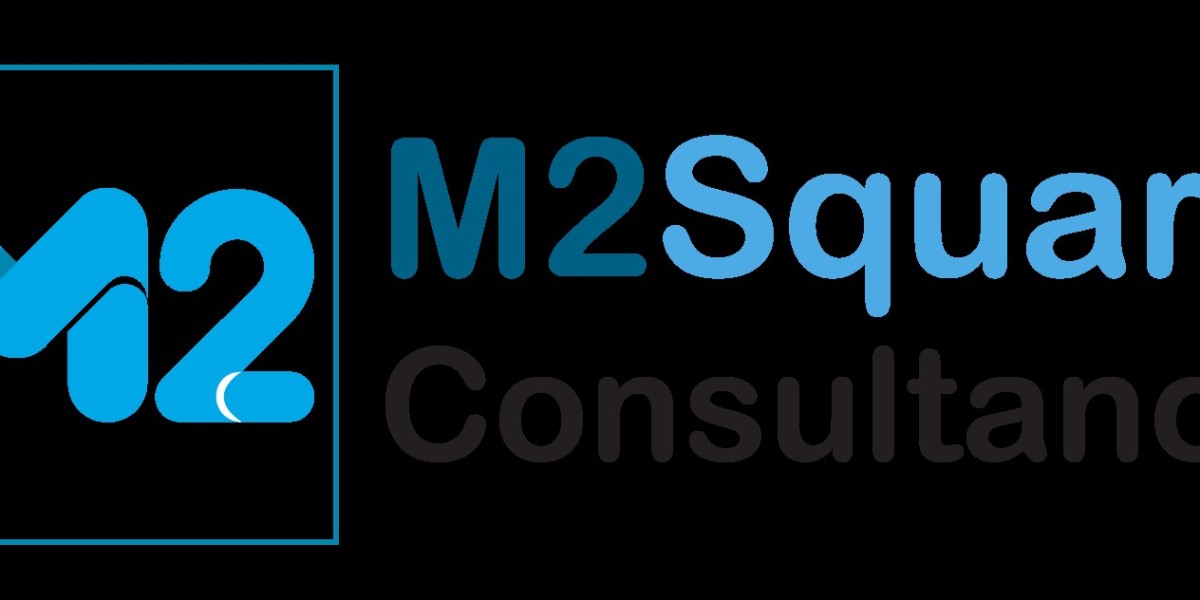
Investing in a best gold ira companies reviews IRA (Individual Retirement Account) has grow to be increasingly standard amongst traders looking for to diversify their retirement portfolios and protect their wealth against inflation and financial uncertainty. This text will explore what a Gold IRA is, the benefits of investing in gold, how one can arrange a Gold IRA, and important concerns to remember.
What's a Gold IRA?
A Gold IRA is a self-directed individual retirement account that enables buyers to hold physical gold and other precious metals as part of their retirement savings. Unlike conventional IRAs, which usually contain paper property like stocks and bonds, a Gold IRA enables people to put money into tangible assets. This may embody gold bullion, gold coins, silver, platinum, and palladium, all of which should meet specific purity requirements set by the IRS.
Advantages of Investing in Gold
- Inflation Hedge: Gold has historically been seen as a dependable hedge in opposition to inflation. When fiat currencies lose worth because of inflation, the worth of gold tends to rise. This helps preserve buying energy over time.
- Diversification: Including gold in your retirement portfolio can provide diversification, decreasing general risk. gold ira companies near me typically behaves in another way than stocks and bonds, making it a precious asset during market volatility.
- Tangible Asset: In contrast to stocks or bonds, gold is a bodily asset that you can hold in your hand. This tangibility can provide peace of thoughts, especially during economic downturns.
- Potential for Growth: The demand for gold can drive its price up over time. Elements such as financial instability, geopolitical tensions, and adjustments in provide and demand can impression gold prices, doubtlessly leading to capital appreciation.
- Tax Benefits: Gold IRAs provide the identical tax advantages as conventional IRAs. Contributions could also be tax-deductible, and the expansion of your funding is tax-deferred until withdrawal.
How you can Set up a Gold IRA
Organising a Gold IRA entails several steps:
- Choose a Custodian: Step one is to select a good custodian who specializes in Gold IRAs. The custodian will handle your account, handle transactions, and guarantee compliance with IRS laws.
- Open Your Account: Upon getting chosen a custodian, you'll need to complete the required paperwork to open your Gold IRA. This sometimes involves providing personal information, selecting your investment options, and funding your account.
- Fund Your Gold IRA: You may fund your Gold IRA through numerous strategies, including cash contributions, rollovers from present retirement accounts, or transfers from other IRAs. Be sure to know any tax implications related to rollovers or transfers.
- Choose Your Treasured Metals: After funding your account, you can choose which treasured metals to invest in. The IRS has particular necessities for the sorts of gold and other metals that may be held in a Gold IRA. Typically, gold must be at the very least 99.5% pure, and certain coins and bars are authorized.
- Buy and Store Your Metals: Your custodian will facilitate the acquisition of the chosen metals in your behalf. Once purchased, the metals have to be stored in an accepted depository. The IRS requires that bodily gold in a Gold IRA is held in a safe, IRS-permitted facility.
- Monitor Your Funding: Often evaluation your Gold IRA to evaluate its efficiency and make adjustments as wanted. Keep knowledgeable about market tendencies and economic components that will affect gold prices.
Important Considerations
Whereas investing in a Gold IRA can provide many benefits, there are a number reviews of the best gold ira companies important issues to remember:
- Charges and Costs: Gold IRAs usually come with increased fees in comparison with traditional IRAs. Be aware of setup charges, storage fees, and transaction fees charged by your custodian. It is essential to grasp the full price of owning a Gold IRA.
- Restricted Funding Choices: In contrast to traditional IRAs, which can supply a variety of investment choices, Gold IRAs are limited to specific forms of valuable metals. This can restrict your skill to diversify within the account.
- Market Volatility: While gold is usually seen as a secure haven, its worth can still be unstable. Be prepared for fluctuations in the worth of your funding, and consider your threat tolerance before investing.
- Regulatory Compliance: Be sure that your Gold IRA complies with IRS laws. Failure to adhere to those laws may end up in penalties or disqualification of your account.
- Long-Time period Funding: Gold needs to be considered as a protracted-term investment. It may not provide quick returns, and it’s essential to have a long-time period strategy in place.
- Consult a Monetary Advisor: Before making any investment selections, consider consulting with a financial advisor who specializes in retirement planning and valuable metals. They will assist you to assess your monetary targets and determine if a Gold IRA is appropriate in your portfolio.
Conclusion
Investing in a Gold IRA generally is a strategic transfer for individuals seeking to diversify their retirement savings and protect their wealth in opposition to financial uncertainty. By understanding the advantages, establishing the best gold ira companies account correctly, and being conscious of the associated costs and issues, investors can make informed choices about incorporating gold into their retirement plans. As with all funding, thorough research and careful planning are important for achievement. Whether you are a seasoned investor or new to the world of precious metals, a Gold IRA can supply a valuable addition to your retirement strategy.






